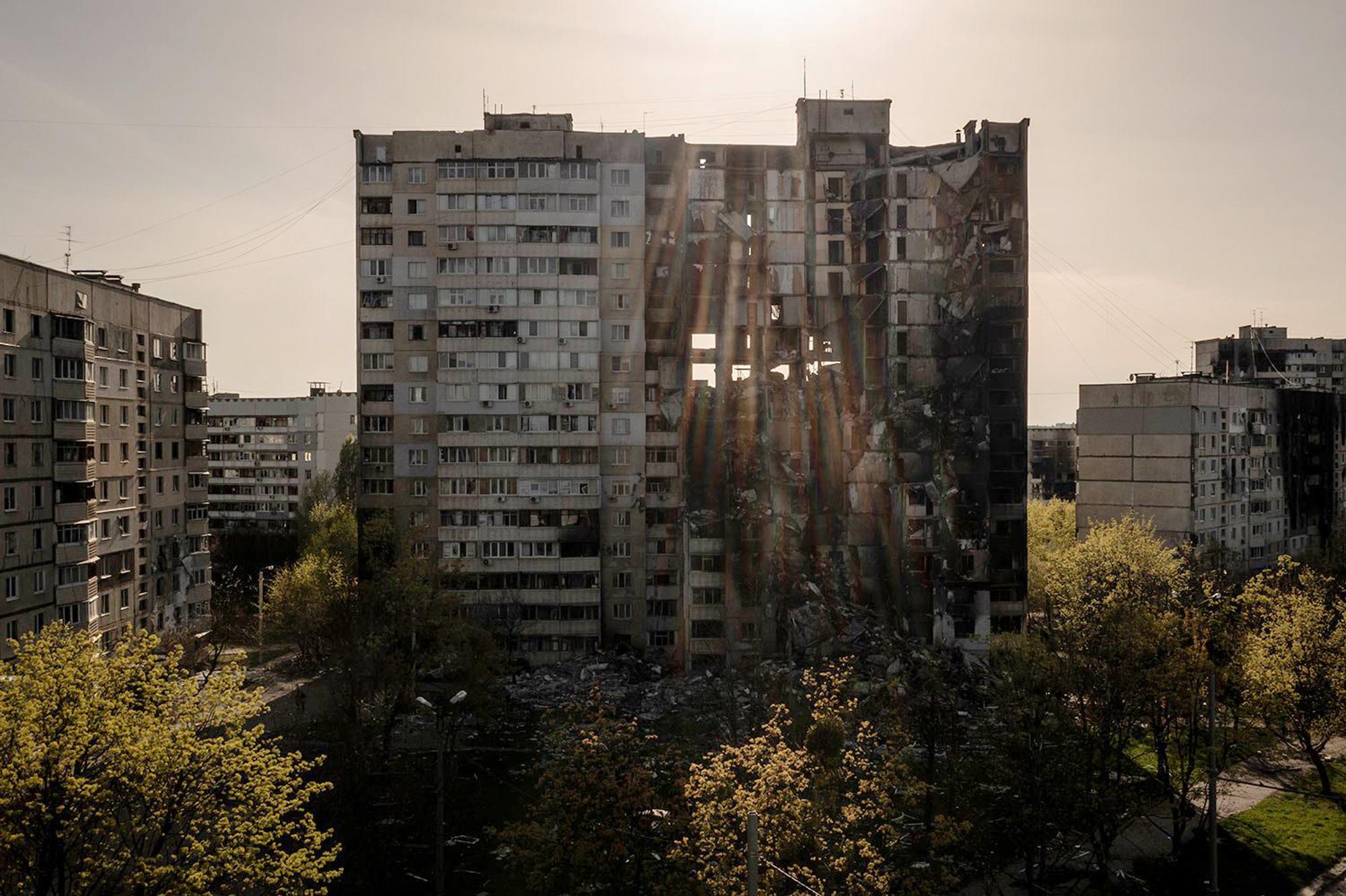Corruption has gender dynamics that shape the various forms, vulnerabilities, experiences, and impacts of corruption. It disproportionately impacts women, exacerbates inequalities, and can drive conflict and insecurity. The full-scale Russian invasion of Ukraine has exacerbated gendered insecurities and presented several corruption challenges that have implications for gender equality which, if not addressed, will hinder Ukraine’s recovery and reconstruction, and undermine the implementation of Ukraine’s 2020–2025 National Action Plan (NAP) on Women, Peace, and Security (WPS).
Sexual corruption and human trafficking that are enabled by corruption undermine prevention of and responses to gender-based violence and intensify gender and other inequalities that can generate insecurity and other corruption risks. These include, among others, illicit financial flows, state capture, corruption among the security and police sector, and the growth of criminal networks.
There is a risk that Ukraine’s reconstruction efforts will be highly centralised and not reflect the different needs and priorities of different groups of women, men, girls, boys, and people of diverse sexual orientation, gender identity, expression, and sex characteristics (SOGIESC). The urgency of responding to the full-scale invasion has resulted in gender not featuring high on the agenda of those efforts. Existing barriers in Ukraine prevent the wider engagement of its citizens, which can adversely impact the participation of women and underrepresented groups in decision-making and their equal access to aid and public services.
On the other hand, Ukraine’s reconstruction and recovery efforts offer a pivotal juncture to expedite the strides already taken in the country to advance both gender equality and anti-corruption reforms. This convergence has the potential to bolster social cohesion, enhance overall welfare, foster more equitable economic growth, and contribute to more effective, legitimate, and responsive recovery and reconstruction.
The WPS Agenda provides an entry point for integrating a gender perspective and a feminist lens into anti-corruption efforts in the planning of Ukraine’s reconstruction and recovery. This report draws on promising practices from other post-conflict countries, insights and recommendations from the literature, as well as key informant interviews to elaborate how this approach can inform policy considerations for Ukraine’s growth.
Many donors and development partners – including U4 partners – who are supporting and funding Ukraine’s reconstruction and recovery efforts, explicitly embrace a gender perspective in policy and seek to promote the WPS Agenda in their humanitarian and development assistance programmes. This report therefore recommends three entry points to integrate gender-sensitive and responsive practices into anti-corruption efforts in Ukraine’s reconstruction and recovery using the WPS Agenda:
- Integrating Ukraine’s National Action Plan on Women, Peace, and Security with the National Anti-Corruption Strategy, and uniting stakeholders from both strategies to accelerate shared objectives.
- Capitalising on opportunities from the decentralisation agenda and reconstruction processes to promote full and equal participation of women and underrepresented groups, recognising their intersectional identities in all decision-making aspects of post-conflict reconstruction.
- Enhancing protection for women and underrepresented groups by consistently adding a gender perspective to anti-corruption plans. Such plans must acknowledge and address sexual corruption and corruption’s role in human trafficking, and their design and implementation must include collaboration with organisations involved with women’s rights, veterans, and underrepresented groups.
The report proposes a range of actions to ensure that the reconstruction effort is reinforced by effective gender-sensitive and responsive anti-corruption efforts. It also recommends specific roles for international development actors and donors, who can lead the way by aligning their funding and support with Ukraine’s National Action Plan on Women, Peace, and Security, and the WPS Agenda; strengthening capacity and collaboration for integrating gender perspectives and mandating women’s and underrepresented groups’ participation in decision-making; and funding programmes that specifically target sexual corruption and corruption-enabled human trafficking.


